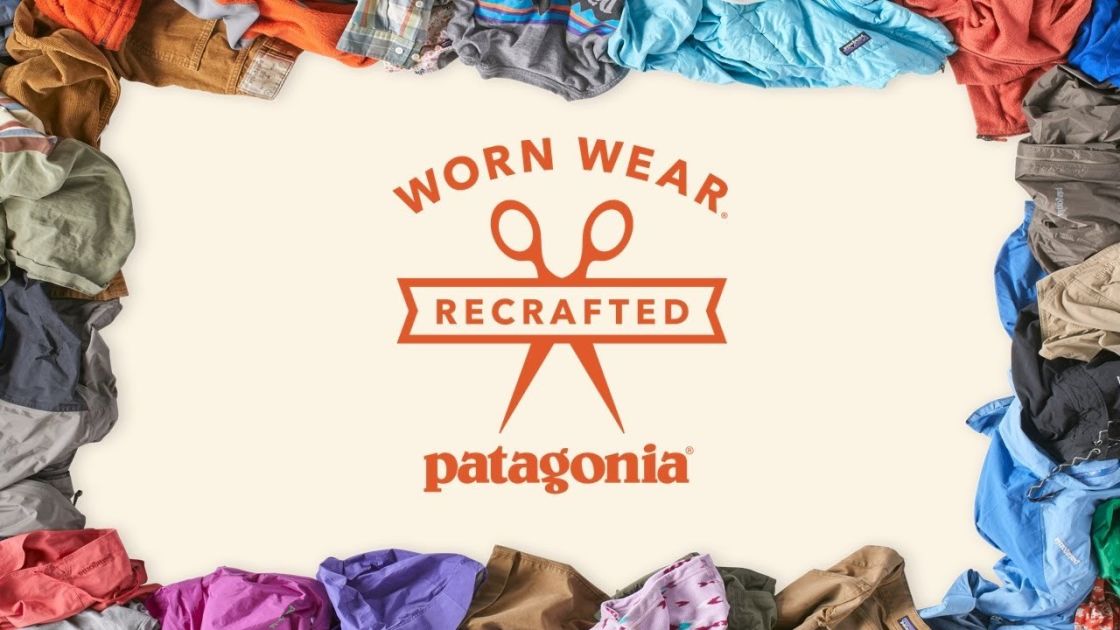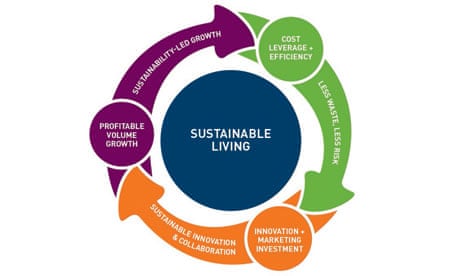Sustainability Success: Case Studies of Companies Leading the Way in Eco-Friendly Practices
Meta Description: Explore inspiring case studies of companies excelling in sustainability. Discover the eco-friendly practices that lead to success and how they can inspire your business journey.
In recent years, sustainability has transitioned from a mere trend to a central component of business strategy. As consumers become increasingly aware of their environmental impact, companies are taking proactive steps to integrate eco-friendly practices into every facet of their operations. This blog post delves into the success stories of companies that are leading the way in sustainable practices, serving not only as a source of inspiration but also as a guide for others looking to make a positive impact on our planet.
The author of this post, Alexei Hartmann, has over 5 years of experience in SEO and has helped more than 20 businesses optimize their sustainability strategies. His passion for environmental responsibility drives him to share knowledge on effective, actionable eco-friendly practices that benefit both the planet and businesses alike.
Why Sustainability Matters
With overwhelming evidence showing the effects of climate change, businesses are under increasing pressure to adopt sustainable practices. According to a 2020 survey by Nielsen, 73% of global consumers are willing to alter their consumption habits to reduce their environmental impact. This shift represents not just a moral imperative but also a remarkable market opportunity. Incorporating sustainability into business models can lead to enhanced brand loyalty, improved sales, and reduced operational costs.
Patagonia: The Pioneer of Eco-Friendly Practices
Patagonia stands out as a beacon of sustainability in the fashion industry. This company has built its brand around eco-friendly practices and transparent business operations.

Eco-Friendly Practices
Patagonia uses sustainable materials, including organic cotton and recycled polyester in their clothing lines. Additionally, their unique Worn Wear program encourages customers to repair, share, and recycle their gear rather than discard it.
Impact
Through Worn Wear, Patagonia reported significant results, saving over 2 million pieces of clothing from landfills since the program's inception. Their commitment to sustainability has solidified their reputation as an ethical brand, leading to a 30% increase in sales annually.
Unilever: Sustainable Living Plan
Unilever is another standout example in the corporate world actively pursuing ecological stewardship through its Sustainable Living Plan.

Sustainable Living Plan
This initiative aims at halving contributors to greenhouse gas emissions while expanding the portfolio of sustainable products. Unilever's sustainable brands have achieved impressive growth rates.
Results
Research shows that Unilever’s sustainable brands grew 69% faster than the company’s overall business in recent years. This has significantly bolstered its market position and helped the company earn the trust of eco-conscious consumers.
Tesla: Leading the Renewable Energy Charge
Tesla has become synonymous with electric vehicles (EVs), innovating the automotive industry and pushing the boundaries of renewable energy technology.

Innovations in Renewable Energy
Tesla is not just an automaker; it has also ventured into energy solutions with products like solar panels and residential battery systems.
Market Influence
In 2021, Tesla's global EV sales surpassed 936,000 units, fundamentally altering consumer expectations and policies regarding sustainable transportation.
Interface Inc.: A Vision for Carbon Negativity
Interface Inc., a global leader in carpet tiles, has committed to becoming a carbon-negative company by 2040.
Sustainable Mission
Central to Interface’s strategy is the innovative use of recycled materials, with an aim to minimize its environmental footprint.
Achievements
Since implementing its sustainability initiatives, Interface has reduced its greenhouse gas emissions by 96% compared to its 1996 baseline. Their efforts exemplify the potential for achieving substantial environmental benefits through innovative practices.
The Growing Market Value of Sustainability
The financial incentive for businesses to adopt eco-friendly practices is staggering. The global green technology and sustainability market was valued at approximately $10.37 billion in 2019, and projections show it may soar to $36.9 billion by 2025. This immense market growth reflects increasing consumer demand for sustainable products and practices.
Key Data Points
Here are some compelling statistics that underline the business case for sustainability:
- 73% of global consumers are willing to change consumption habits to minimize environmental impact.
- Notable companies like Microsoft are aiming for carbon negativity by 2030, leading the industry toward responsible practices.
Recommendations and Best Practices
To guide companies looking to adopt successful sustainability strategies, here are some key recommendations:
Implement Frameworks: Adopt the Circular Economy model to minimize waste and optimize resource use, allowing for sustainable profitability.
Engage Employees: Inspire employees through active participation in sustainability practices, similar to how Google encourages team engagement in its environmental initiatives.
Pursue Certifications: Obtain sustainability certifications such as B Corp or LEED to improve brand reputation and build trust among eco-conscious consumers.
Collaborate: Establish partnerships that reinforce sustainability goals, like Coca-Cola’s collaboration with the WWF to improve water sustainability.
Moving Toward a Sustainable Future
The road to sustainability does not have to be daunting. Successful examples from companies like Patagonia, Unilever, Tesla, and Interface Inc. demonstrate that it is possible for businesses to thrive while actively contributing to environmental health.
Conclusion
To wrap up, embracing sustainability is not merely an ethical choice but also a strategic business decision that can enhance brand reputation, drive growth, and achieve long-term profitability. Exploring successful case studies reveals approachable strategies that any organization can inspire to adopt.
If you’re ready to take your business's sustainability journey a step further, consider diving into more resources, attending webinars, or exploring the wealth of knowledge available in sustainability-focused literature. Together, let’s contribute to a greener, more sustainable world for future generations.
